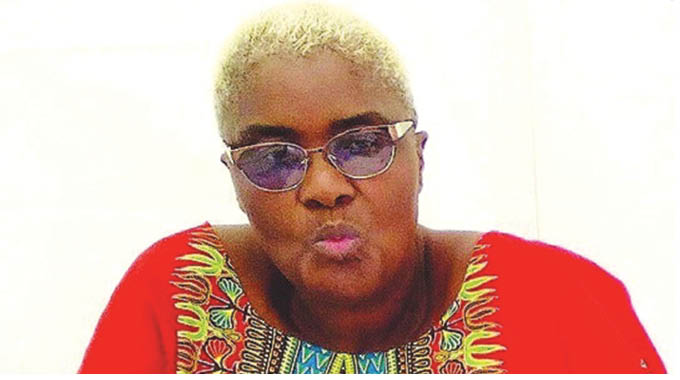Some Members of Parliament (MPs) are of the view that affording citizens, most of whom access medical services in the private sector, should pay for the Covid-19 vaccines to enable the cash-strapped government to import more jabs for the poor majority of Zimbabweans.
This comes at a time when the country has just received a donation of 200 000 Sinopharm vaccines from China which the government has maintained would be administered for free as the first phase of the programme kicks off tomorrow.
Finance and Economic Development Minister, Mthuli Ncube, had earlier indicated Zimbabweans would pay for the jabs before making a U-turn, claiming he was quoted out of context, following a public backlash.
Speaking in Parliament after the presentation of the Covid-19 vaccination roll-out plan by Vice President Constantino Chiwenga, Tuesday, Bulawayo proportional representation MP, Priscilla Misihairabwi-Mushonga, said the elite who access health services through private doctors should pay for the vaccines through their medical aid schemes.
“We are paying medical aid and one does not understand why if one is paying medical aid, CIMAS, and all the monies that we are paying and a vaccine is at a cost of $5,” she questioned.
“Why are we then asking the government of Zimbabwe to cover that particular cost instead of creating the head immunity by ensuring that the private sector comes in? In that line, one is also wondering why as a government we are saying every citizen has to get vaccinated for free.”
She further questioned: “What is the logic of having somebody who lives in the low density suburb and drives Merc competing for the same vaccine with somebody who is at Mbare or Tsholotsho? Why are we not clearly demarcating ourselves because our system is very clear: we have the public sector health and the private sector health?”
Parliamentary Portfolio Committee on Health and Child Care chairperson, Ruth Labode, said she was also of the view that some Zimbabweans have to pay for the vaccines.
“I agree with Hon Misihairabwi-Mushonga that there is a part of some citizens in this country who should pay,” said Labode.
“The medical aid should contribute towards this vaccine. Private companies like Delta surely can afford to payUS$2 per worker. They should just contribute towards the vaccines because the vaccines are expensive.”
She added: “We need every cent we can get. I am not sure whether SADC has started galvanising Global Fund so that we are assisted. We will not cope on our own. Even these donations are minimum and 200 000 is nothing compared to what we really need.”
In his response, Chiwenga, who is also the Minister of Health and Child Care said the business community was already helping the government in vaccines procurement.
“Corporates are paying and an account has been opened,” said Chiwenga.
“In future with the indulgence of the Hon. Speaker, we might have to ask the Minister of Finance and Economic Development to come and explain to this august House because he is leading in that area of resource mobilisation, so he will be able to explain better.”
He added: “Most of these people either come to my office and I refer them to the Ministry of Finance. They (corporates) are paying, they are contributing quite immensely and as government alone, we would not have managed if the corporate world was not on our side.”

